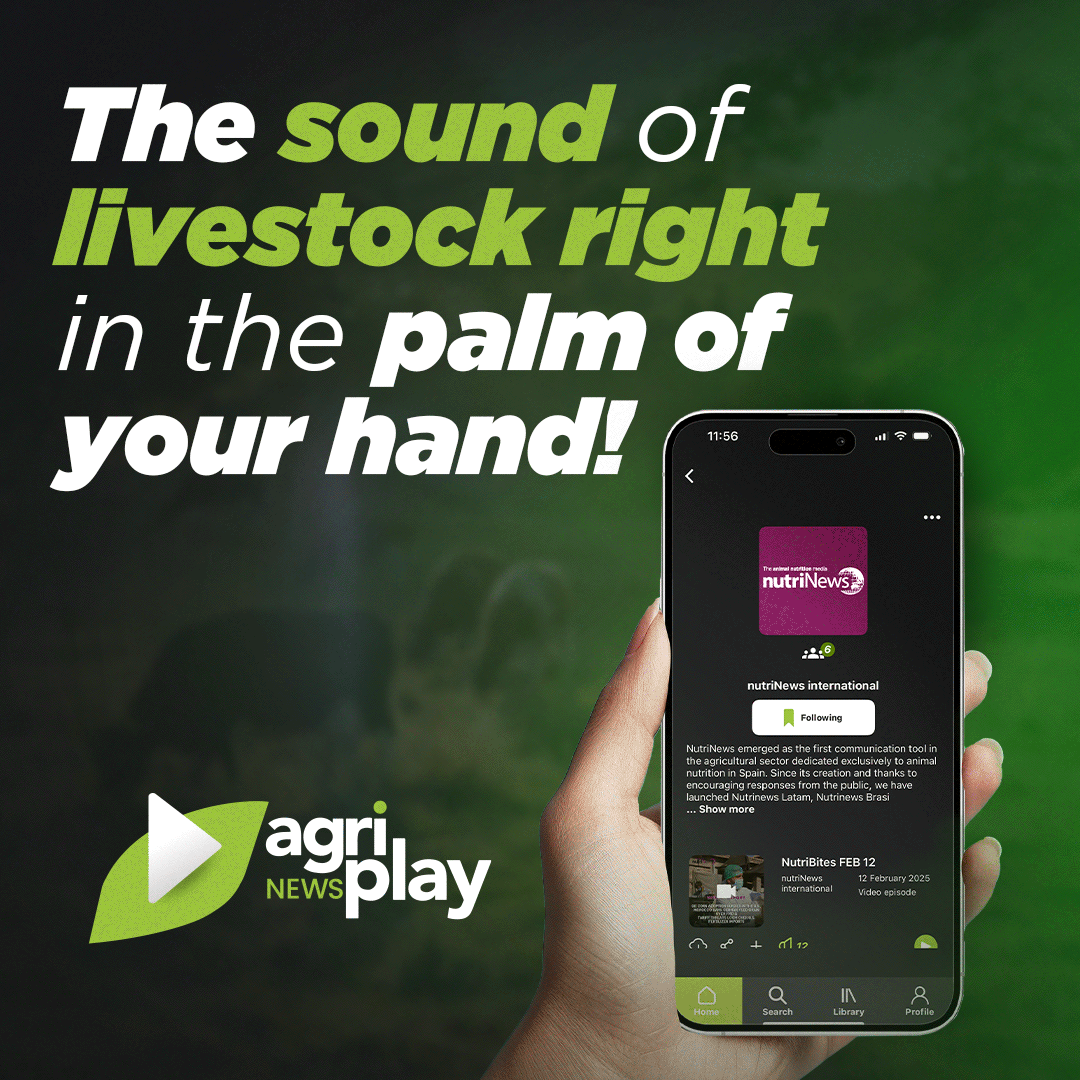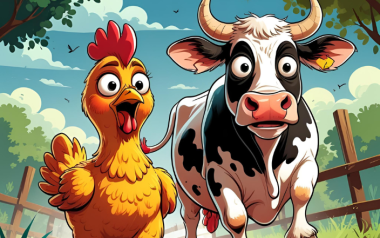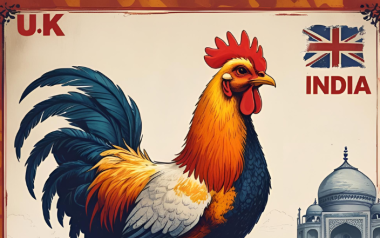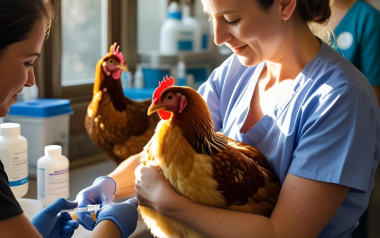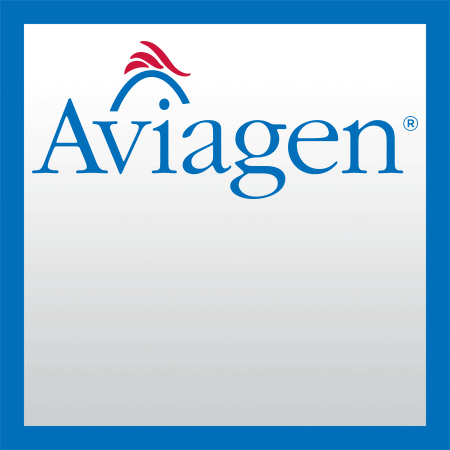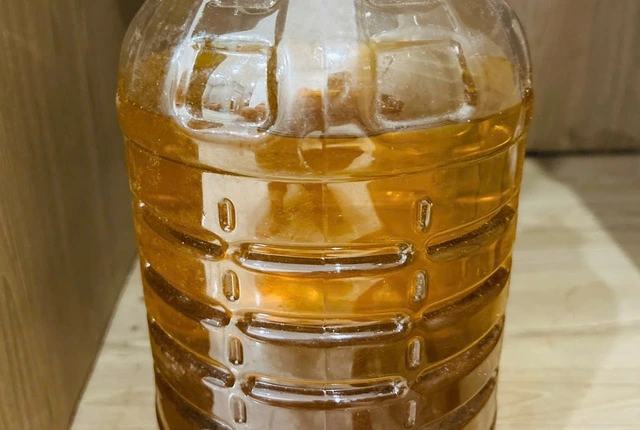
01 Jul 2025
Unsafe livestock oil found in Vietnam’s food supply
Tons of cheap livestock oil, meant for animal feed, were illegally sold as edible oil in Vietnam, raising serious health and safety concerns.
Available in other languages:
Content available at:
Tiếng Việt (Vietnamese)
A food safety scandal is unfolding in Vietnam, as tens of thousands of low-grade livestock cooking oil meant solely for animal feed have been illegally repackaged and sold for human consumption.
This tainted oil has made its way into industrial kitchens, restaurants, and food manufacturing facilities.
In response, the Vietnam Food Administration under the Ministry of Health issued a strong warning. They said that this a serious food safety violation and a danger to public health.
What is livestock cooking oil?
According to Dr Bui Hoang Bich Uyen, a specialist at the Nutrition Department of Xuyen A General Hospital (Ho Chi Minh City), livestock cooking oil is a crude, unrefined vegetable oil. It used to provide energy in animal feed and is deemed unsafe for humans.
This oil may contain impurities:
- harmful chemicals like heavy metals or pesticide residues; or
- toxic compounds that form when oil is stored or processed badly.
There are clear differences in quality standards, intended use, and safety between oil for livestock and oil for human consumption. These differences arise from differing biological systems and toxin tolerance of animals and humans.
Continue after advertising.

Livestock cooking oil may contain impurities, heavy metals, pesticide residues, or toxic oxidized compounds. Photo: Vietnam.vn.
Health risks of livestock oil
Using this type of oil in human food can cause serious health problems, including:
- Chronic toxicity: Harmful substances, like aflatoxins (cancer-causing mold toxins) or heavy metals may accumulate in the human body.
- Digestive problems: Impurities and degraded compounds can harm the digestive system and damage the liver.
- Higher risk of heart disease: Some types of trans fats in non-food-grade oils can increase bad cholesterol (LDL) and promote arterial plaque.
- Cancer: Oxidized oils or those containing toxic chemicals can lead to cellular mutations and increase cancer risk.
Why is it being used in food?
The main reason is cost. Livestock oil is much cheaper than food-grade oil. This price difference creates an incentive for unethical suppliers or manufacturers to mix or substitute it in large-scale food processing operations.
These practices are most likely to occur in canteens, low-cost eateries, and ready-to-eat meal providers, especially in industrial zones where high consumption makes cost-cutting more tempting and oversight more challenging.
What can be done?
The Vietnam Food Administration recommends:
- For food businesses: Always ask suppliers for documents showing where the oil came from and if it meets safety standards. Do no rely only on packaging or brand labels.
- For consumers: Buy cooking oil from reputable and certified brands. Be cautious of and avoid unusually cheap or unbranded oil products.
- For regulators: Strengthen inspections and monitor suppliers, especially those providing bulk food services to schools, hospitals, and factories.
Livestock cooking oil is not safe for human consumption, and its misuse poses significant health risks. Consumers must remain vigilant, while food businesses must strictly follow ethical standards and safety regulations.







